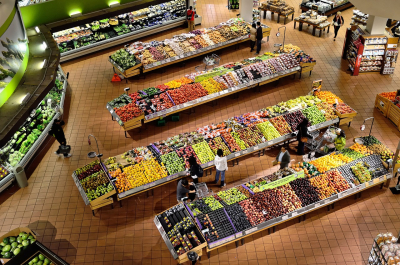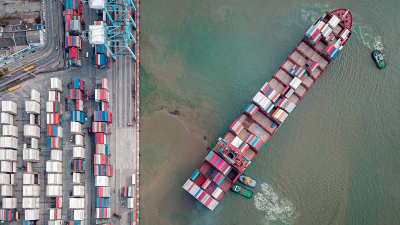This article delves into the fundamental aspects of this directive and what it implies for businesses. Let's dive right in and stay informed!
Understanding the EU Packaging Directive
The EU Packaging Waste Directive refers to the EU's rules that govern everything related to packaging and packaging waste. This directive's goal is to curtail packaging waste by establishing requirements for packaging design, production, and measures to prevent companies from overpackaging.
What is directive 94/62/EC?
At present, the EU packaging and packaging waste is regulated by Directive 94/62/EC, which was established in 1994. Considering the remarkable changes the world has seen over the last 30 years, there is an urgent need to review the packaging waste directive.
Packaging and worldwide shipping contribute to 3% of global greenhouse gases. Given the remarkable rise in e-commerce and overall consumption, this could escalate to 10-13% of all global emissions within a few decades. Efficient packaging can significantly enhance freight efficiency.
The newly proposed PPWD, which is currently a draft proposal, intends to replace the existing EU Packaging Waste Directive. Its primary goal is to tackle the urgent problems related to packaging waste and stimulate a circular economy. The directive's intent is to reduce packaging waste by 15% per capita (compared to 2018), ensure all packaging is recyclable by 2030, and introduce mandatory recycling targets.
What about packaging and packaging waste regulations in 2023?
In 2023, no changes were made to the EU's packaging regulations, and directive 94/62/EC is still enforced. The most recent changes were introduced in 2018, aimed at preventing the production of packaging waste and promoting the reuse and recycling of packaging.
Nonetheless, there have been some changes in the UK market. The England Packaging Waste (Data Reporting) Regulations took effect in February 2023.
These regulations require packaging producers in England to gather and report data on the quantity and nature of packaging they introduce to the market. This data plays a vital role in determining the fees that these producers will need to pay.
The impact of this development is substantial, as it directly affects businesses operating within the UK packaging supply chain, including importers, distributors, and online marketplaces.


 Are you thinking about investing in real estate in Albania? Looking for a safe and profitable opportunity? Balfin Real Estate
Are you thinking about investing in real estate in Albania? Looking for a safe and profitable opportunity? Balfin Real Estate The issue of tariffs has gained significant attention in Canada following months of warnings from U.S. President Donald Trump. Tariffs
The issue of tariffs has gained significant attention in Canada following months of warnings from U.S. President Donald Trump. Tariffs The Canadian government has taken decisive action following new U.S. tariffs. Prime Minister Justin Trudeau announced immediate countermeasures after President
The Canadian government has taken decisive action following new U.S. tariffs. Prime Minister Justin Trudeau announced immediate countermeasures after President

